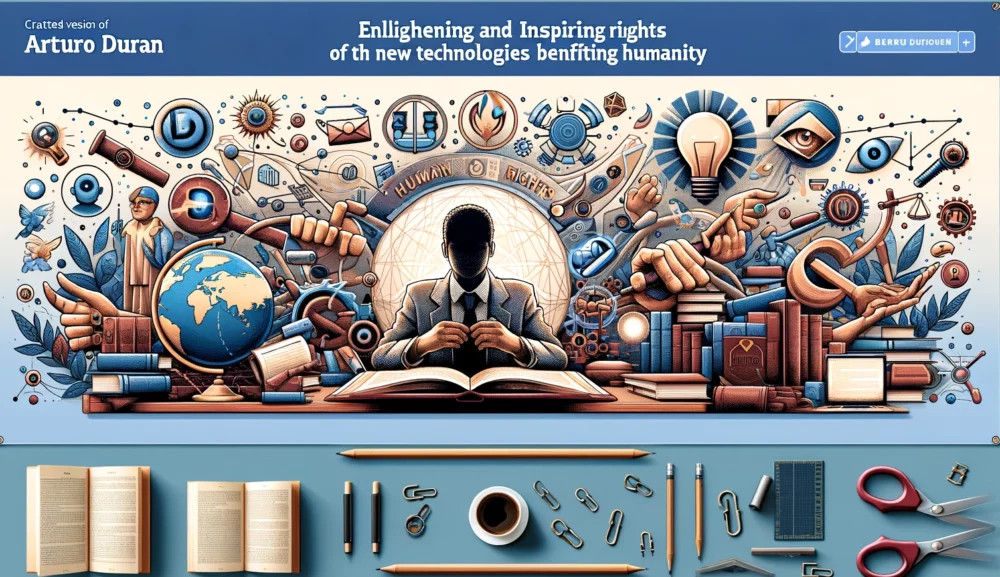
The Future of Voting: Mobile Apps vs. Traditional Methods
IIn the digital age, where convenience often dictates innovation, the idea of voting through a mobile app, akin to banking apps secured with two-step verification, appears as a progressive step towards modernizing electoral processes. Imagine the ease—casting your vote from the comfort of your home, without the need to visit a polling station. The convenience is undeniable, much like having a personal teleportation device. But, as enticing as this sounds, several significant concerns arise, primarily revolving around security and the integrity of the democratic process.
Security Concerns with Mobile Voting
The primary concern with mobile voting lies in the potential for security breaches. Our phones, though integral to our daily operations, are susceptible to hacking and malware. The stakes in an election are immensely high, involving national or even global implications. A breach in voting security could mean manipulation of results, a risk not worth taking lightly. The idea of hackers, whether independent or state-sponsored, tampering with election results through a mobile app is a frightening prospect, capable of undermining the very foundation of democracy.
Comparing Security: Mobile Apps and Voting Machines
While mobile phones are used for a variety of secure transactions, including banking, the comparison with mobile voting isn’t entirely parallel. Banking systems are robust, protected by layers of security measures and continuously monitored for fraudulent activities. Despite this, banks still face security breaches, evidenced by the thousands of fraud cases reported annually. In contrast, traditional voting systems, despite their vulnerabilities and reported issues, are isolated networks, not connected to the internet, making widespread tampering more challenging.
The Argument for Traditional Voting Machines
Traditional voting machines, despite their perceived obsolescence, offer certain reliability. These machines are controlled environments—physically monitored and less prone to mass-scale hacking compared to software applications that could be downloaded by anyone with a smartphone. This physical security layer, while not foolproof, offers a semblance of control and manageability that a widely distributed mobile app might not.
Looking Forward: The Need for Robust Mobile Voting Solutions
The future might hold a place for mobile voting, provided there can be guarantees of security akin to those provided by the most secure financial institutions, enhanced with the most advanced cybersecurity measures available. Until such a time, the prudent course would be to improve and trust the traditional methods that have served us thus far.
In conclusion, while mobile voting presents an appealing picture of convenience and modernity, the security risks at present outweigh the potential benefits. The integrity of the voting process is paramount, and thus, a cautious approach, favoring secure, traditional methods is advisable until technology can assure absolute security in mobile voting systems.

